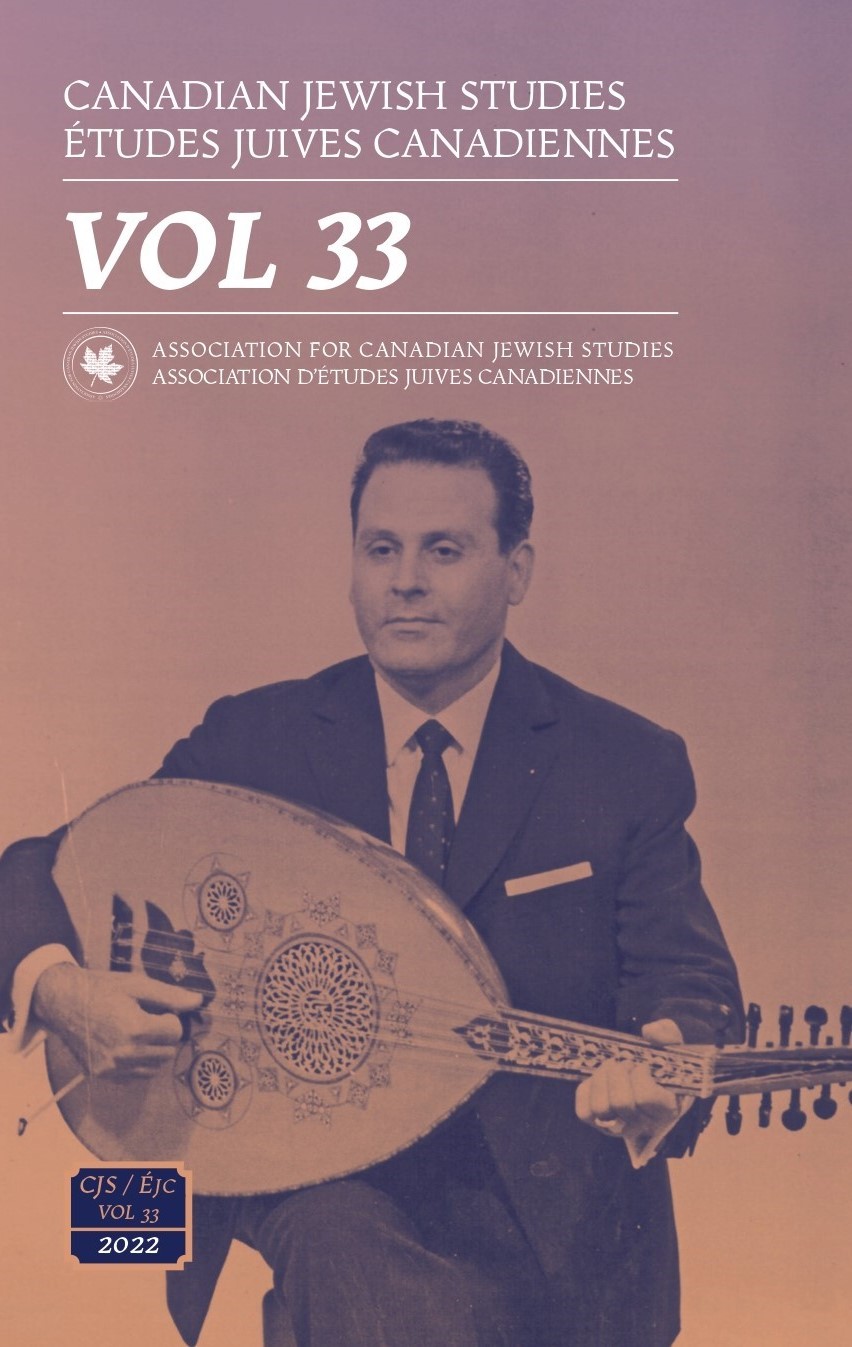Holocaust Journalism in 1950s Toronto: The Toronto Star, The Globe and Mail, and The Vochenblatt
DOI :
https://doi.org/10.25071/1916-0925.40266Mots-clés :
History – Post World War II, Periodicals and the Press, HolocaustRésumé
Historians and polemicists have debated the existence of a “conspiracy of silence” surrounding the Holocaust in 1950s North America, with some arguing that the Cold War and ethnic assimilation led to avoidance of any public discussion of German crimes or Jewish suffering. To evaluate this, this article looks at 1950s articles about the survivors, the aftermath and recollection of the Shoah, and remembrance ceremonies, in three Toronto newspapers: the lIberal-leaning Star, the more conservative Globe and Mail, and the English-language section of the Vochenblatt, a left-leaning weekly affiliated with the United Jewish People’s Order. This article shows that the Holocaust was a significant topic of discussion by analyzing how it was discussed by the different papers, and by considering that the motives given for silence shaped coverage but did not smother it. Therefore the claims for a conspiracy of silence, rather than being simply an evaluation of the cultural climate of the era by latter-day historians, in fact originated in denunciations of silence that were already being made in the post-war era, part of a moral debate over the aftermath of the war that even in the 1950s was far from quiet.
Les historiens et les polémistes ont débattu de l’existence d’une « conspiration du silence » autour de l’Holocauste dans l’Amérique du Nord des années 1950, certains soutenant que la guerre froide et l’assimilation ont conduit à éviter toute discussion publique des crimes allemands ou de la souffrance juive. Pour évaluer ce phénomène, ce texte examine les articles des années 1950 sur les survivants, les suites et le souvenir de la Shoah, et les cérémonies de commémoration, dans trois journaux de Toronto: le Star, de tendance libérale, le Globe and Mail, plus conservateur, et la section anglophone du Vochenblatt, un hebdomadaire de gauche affilié au United Jewish People’s Order. Cet article démontre que l’Holocauste était un sujet de discussion important en analysant la façon dont il a été abordé par les différents journaux, et en considérant que les motifs invoqués pour le silence ont façonné la couverture
médiatique, mais ne l’ont pas étouffée. Par conséquent, les revendications d’une conspiration du silence, plutôt que d’être une simple évaluation du climat culturel de l’époque par des historiens de l’après-guerre, trouvent en fait leur origine dans les dénonciations du silence qui avaient déjà été faites dans l’après-guerre, dans le cadre d’un débat moral sur les conséquences de la guerre qui, même dans les années 1950, était loin d’être silencieux.
Téléchargements
Publié-e
Comment citer
Numéro
Rubrique
Licence
Canadian Jewish Studies/ Études juives canadiennes is a journal dedicated to the open exchange of information; therefore the author agrees that the work published in the journal be made available to the public under a Creative Commons Attribution-Noncommercial-No Derivative Works 4.0 Unported License. The publisher (Association for Canadian Jewish Studies / Association d'études juives canadiennes) recognizes the author's intellectual property rights; authors retain copyright over their work. The author grants the publisher first serial publication rights and the non-exclusive right to mount, preserve, and distribute the intellectual property. The journal is digitized and published on the open access website http://pi.library.yorku.ca/ojs/index.php/cjs/index.







